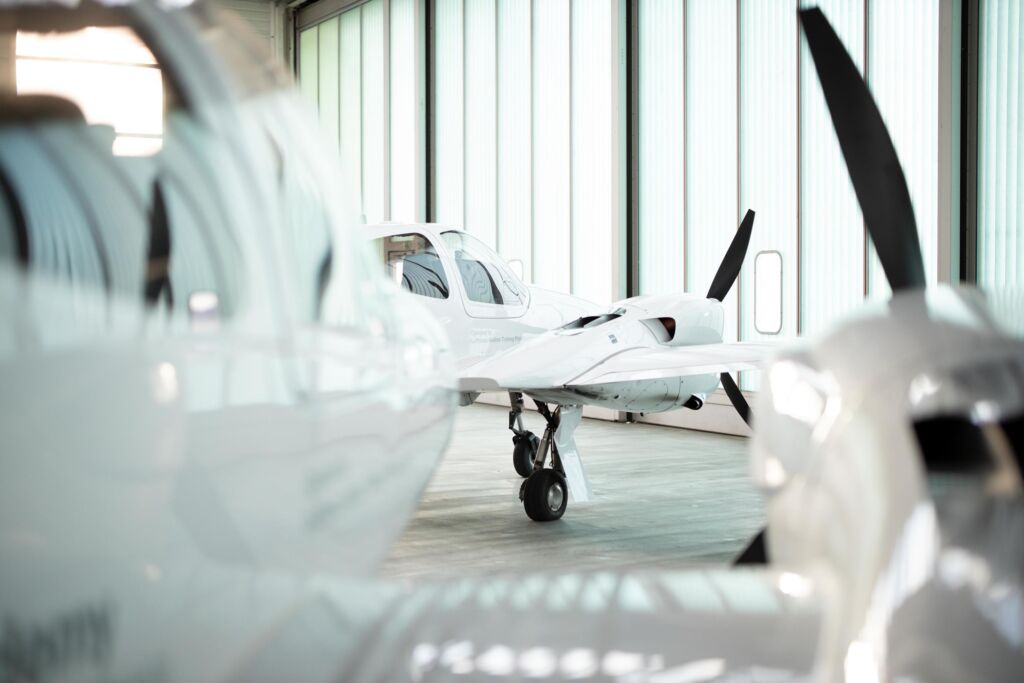Aerospace news airline airline news Aviation news Business News Communications News Consumer News Coronavirus Covid-19 Economic News Economy News European News Finance News German International News News Pilot stock stock news stock,airline transport Transportation Transportation News travel Travel news
Lufthansa Group Streamlines Pilot Training Program within ReNew Framework
The global aviation crisis caused by the pandemic continues to have serious consequences for employees working in the airline industry. As a result, pilot training has also been severely affected by the repercussions of the…
